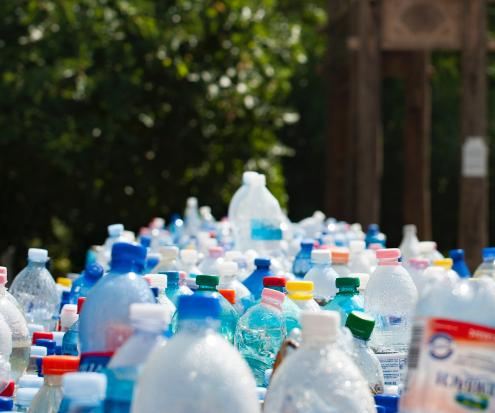As with any forward-thinking environmental movement, recycling has had its milestones, from the campaign to reuse tin cans and nylons to help the war effort during World War II, to the implementation of the first recycling programs in the 1960s.
But the recycling industry recently hit a different kind of landmark, and from a sustainability point of view, it's not a good one. Recycled plastic is now more expensive than new plastic.
According to commodity market analyst S&P Global Platts, a tonne (1.2 tons) of "virgin" plastic now costs $72 less than a tonne of recycled plastic. The shift has come about for several reasons, including the natural gas boom in the United States that has made petrochemicals cheaper to produce.
The trend is particularly troublesome because packaging manufacturers are under a great deal of pressure to help reduce the amount of plastic being dumped into the world's oceans. One plan to counter the problem is a British move to tax companies that don't use a large percentage of recycled plastic. There's also a push for more and better recycling facilities.
The plastic scourge:
- It takes nearly 500 years for every plastic bottle to decompose.
- Approximately one million sea creatures are killed by plastic being tossed into the ocean every year.
- The world has produced about 8.3 billion tons of plastic since the 1950s, but less than 10 percent of it has been recycled.

